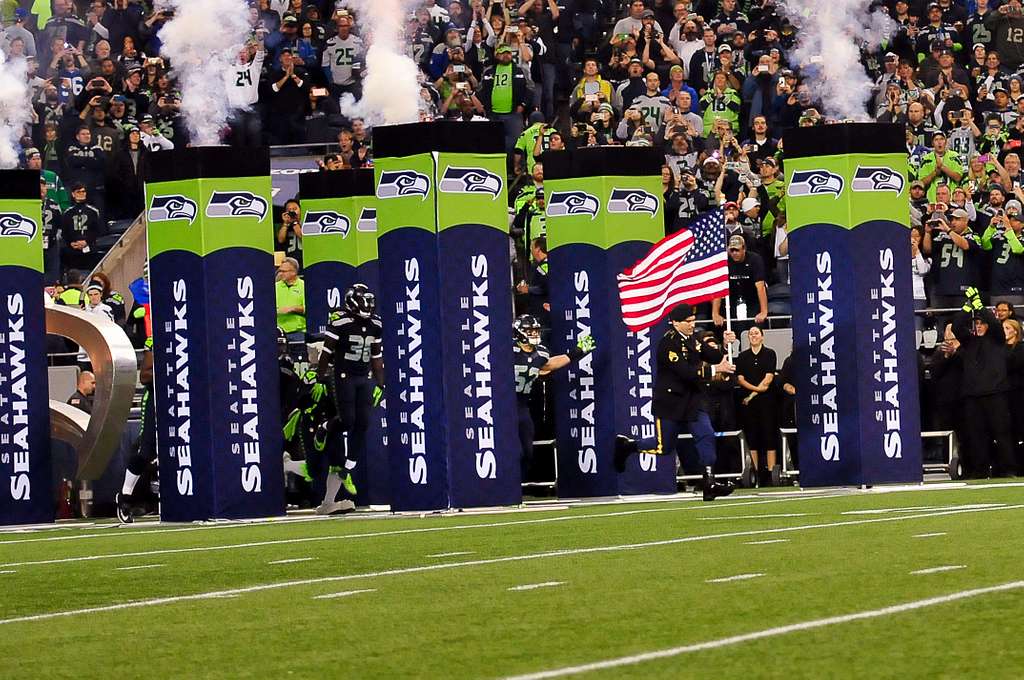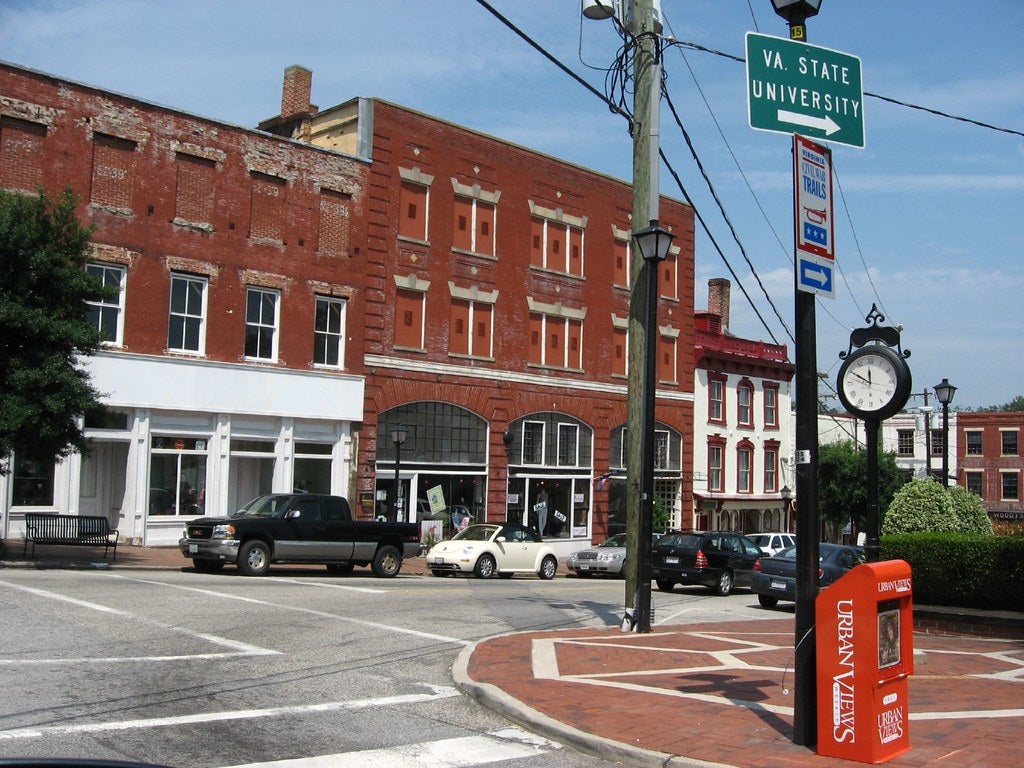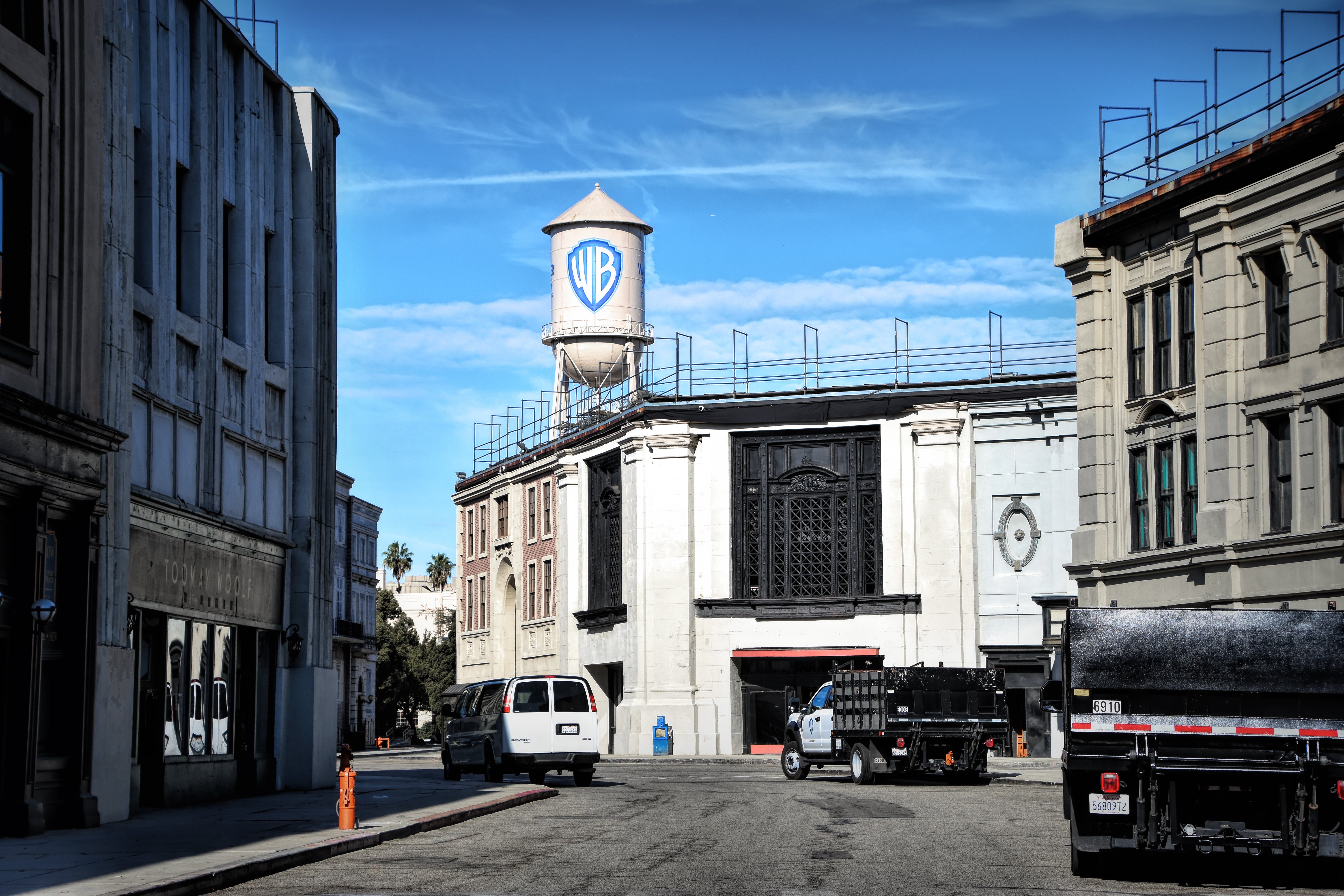Searching for ways to improve
F1 agreed to a 10-year contract with Clark County allowing it to transform sections of the famed Las Vegas Strip for the once-per-year race.
However, its contract with the Las Vegas Convention and Visitors Authority only lasted for three years and needed renewal before the 2026 and ‘27 events.
There are still numerous issues that organizers and the city are working to fix – however, they are committed to working out the kinks.
“As we all know, the race has had its challenges, but we’re coming out the other side,” said Prazer. “So we want to make sure that it continues to work for both sides.”
Clark County Commissioners said that the debut race in 2023 cost local taxpayers $463,000. That’s despite the race generating $3.8 million in tax funding since staffers and officials incurred $4.4 million in costs.
Local casinos have also struggled during racing weekends despite the turnout of race-attending fans. Local properties reported declines in foot traffic, resulting in lower betting handles and millions in lost revenue. The same applied to Vegas shows.
Improving viability
The Grand Prix was expected to return to Las Vegas in 2026 even before the deal was reached between Clark County and the organizers. America’s gambling capital was marked on the 2026 racing schedule, which was released last week.
One of the biggest changes from the first to the second edition of the race was the cost. Hotel room prices dropped significantly, making the trip more affordable for those not in the top one percent.
The race is also trying to become more spectator-friendly and will begin at 8:00 p.m. local time this year, two hours ahead of the previous 10:00 p.m. slot.
Although casinos struggled in the past, city officials believe that the mid-November scheduling was an intelligent decision. The Thanksgiving period is historically one of the slowest times of the year for Vegas casinos, and the event could bring more traffic to local properties.
Financial improvement was noticeable last year compared to the inaugural event. The Grand Prix generated $934 million in revenue, including $556 million in visitor spending and $378 million in operational spending.
$45 million in tax money was also generated from the event, of which $15.5 million was directed to the Nevada school system.




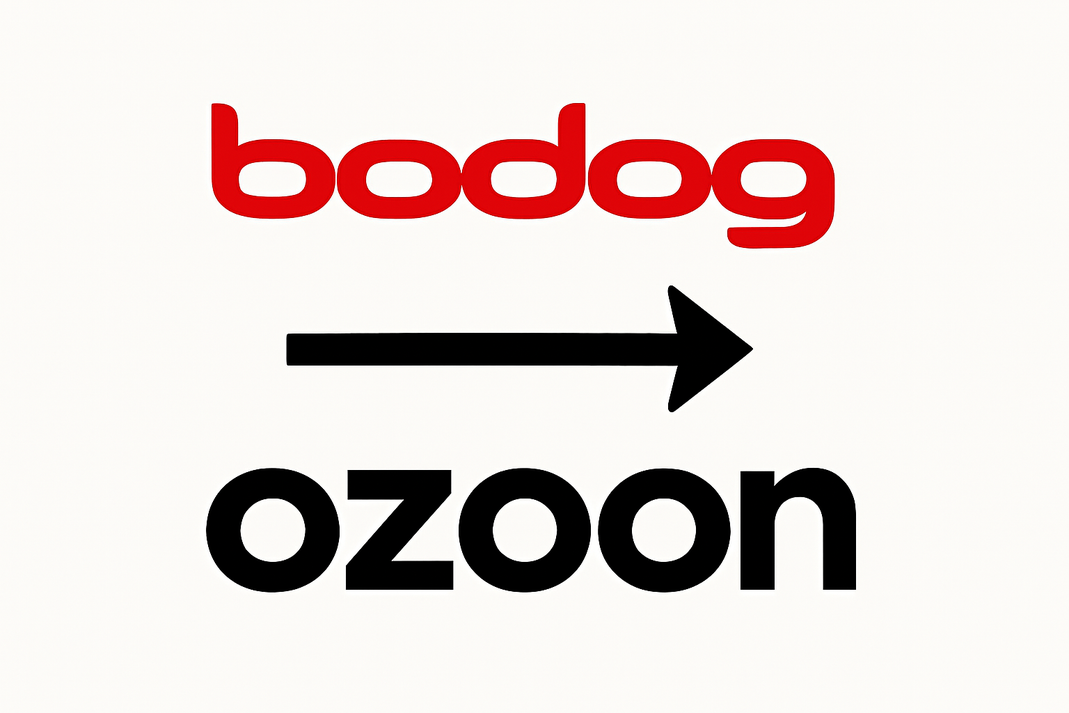



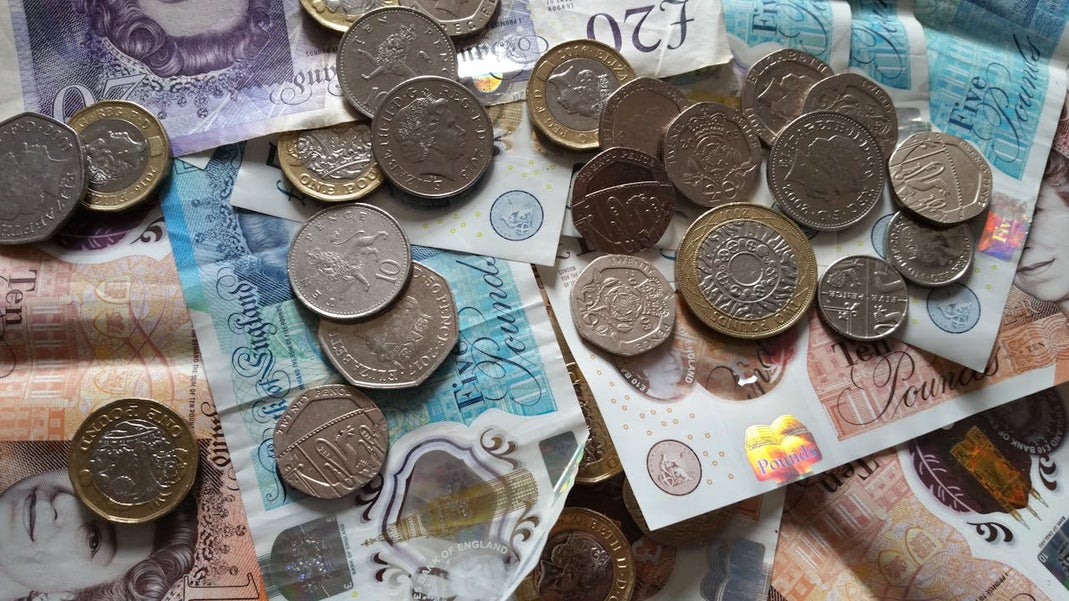

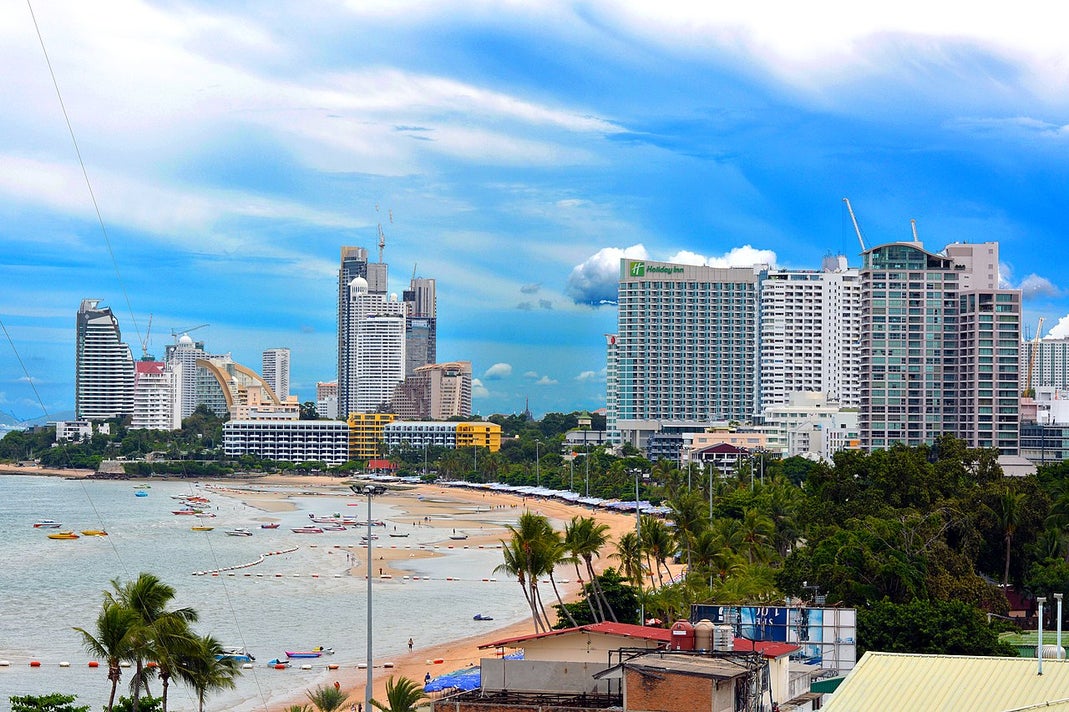





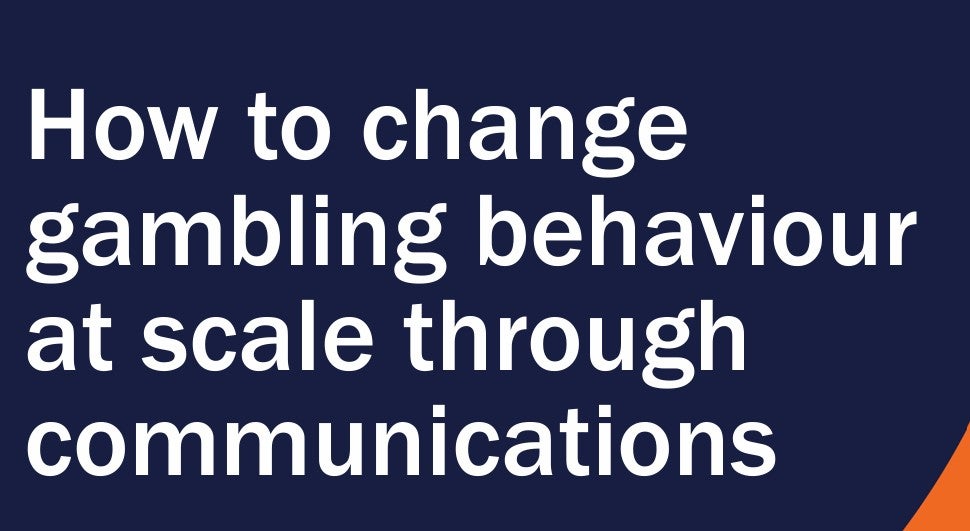


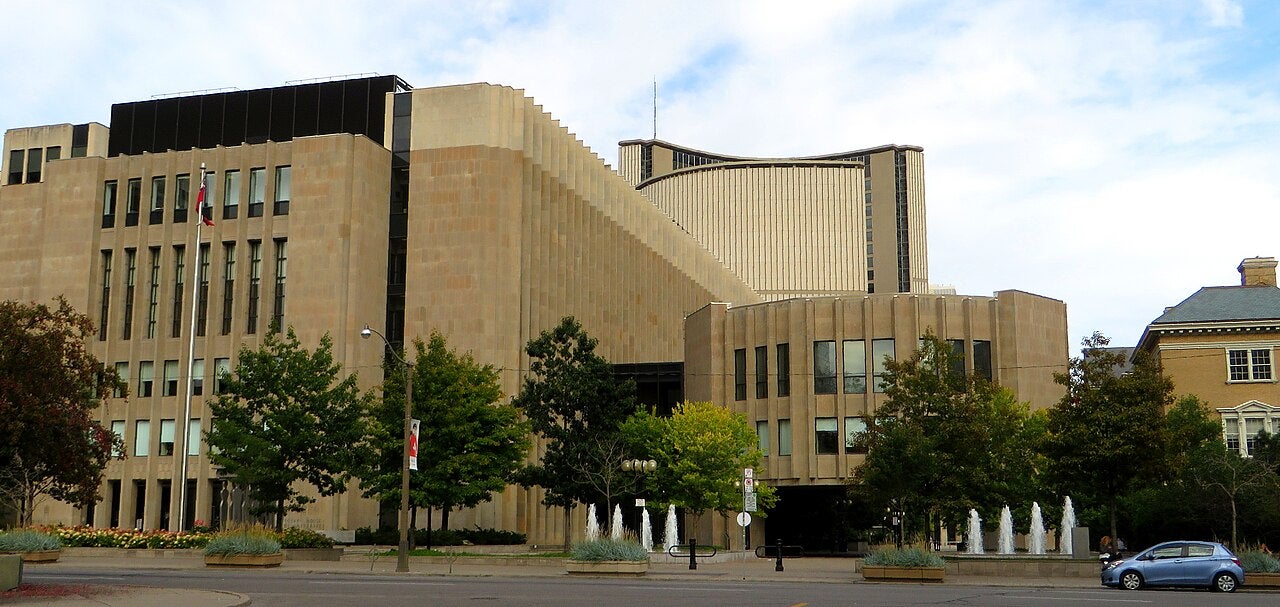
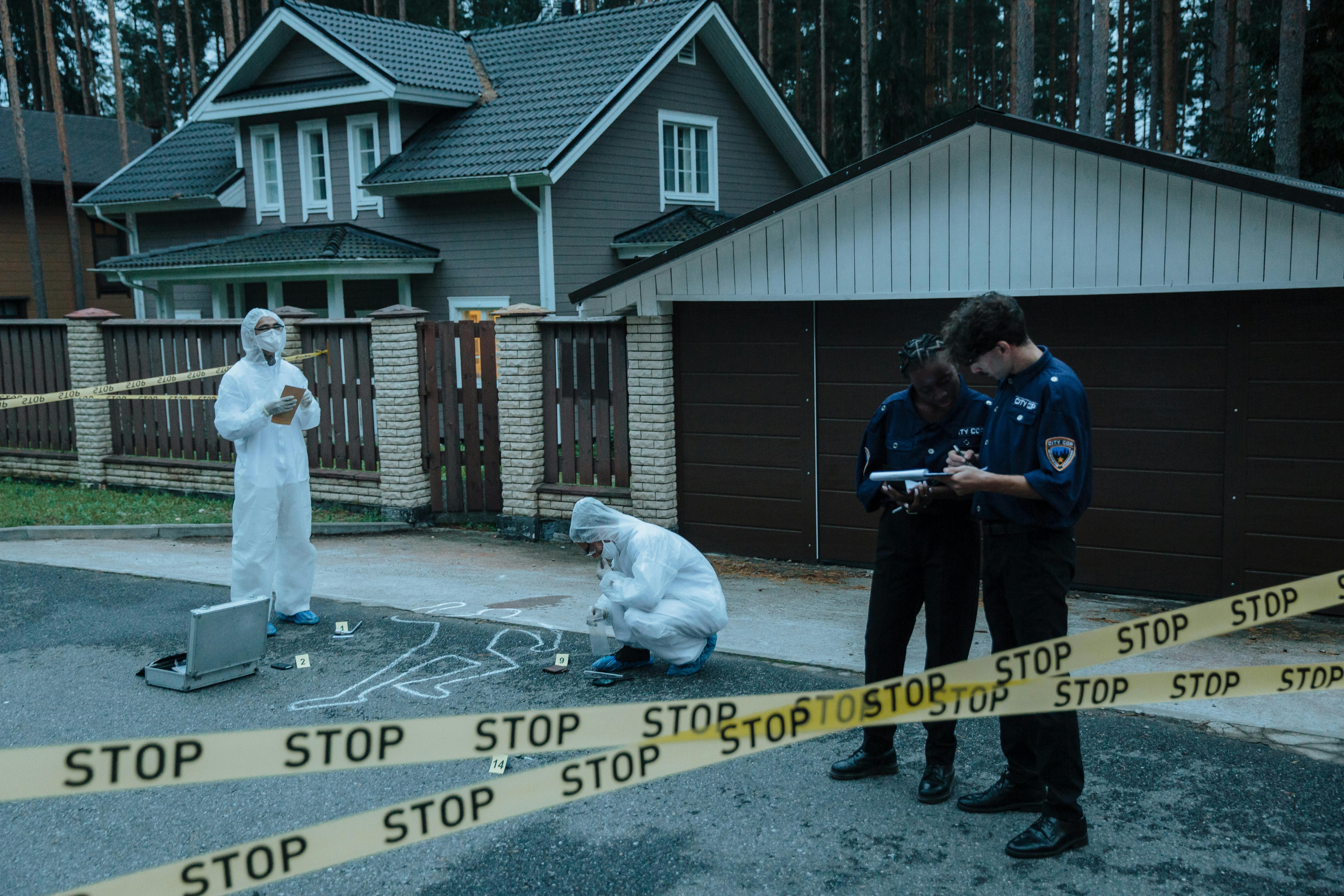




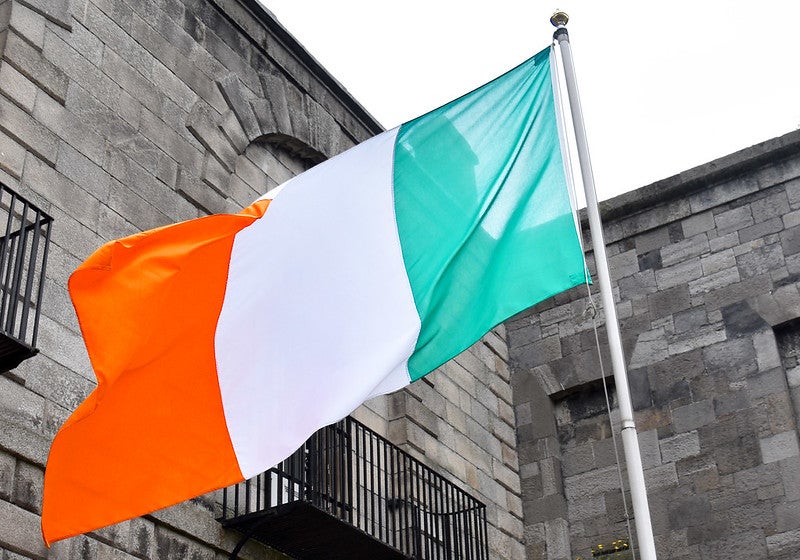
.jpg)
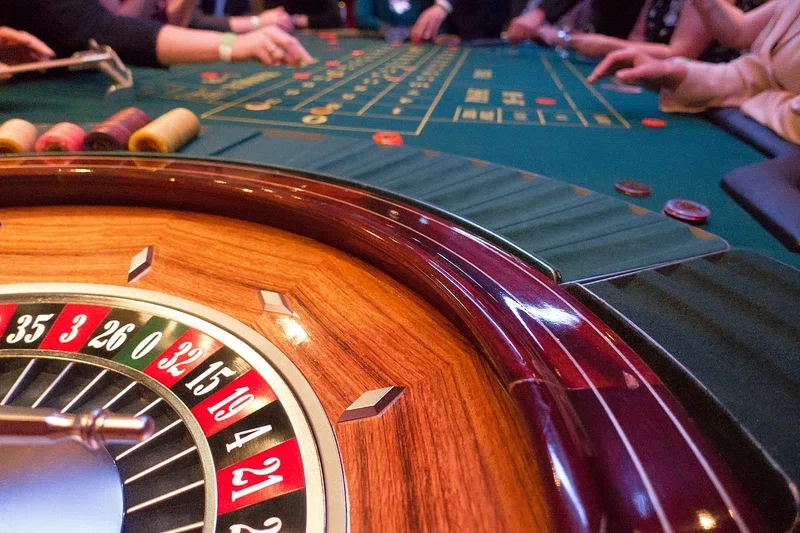
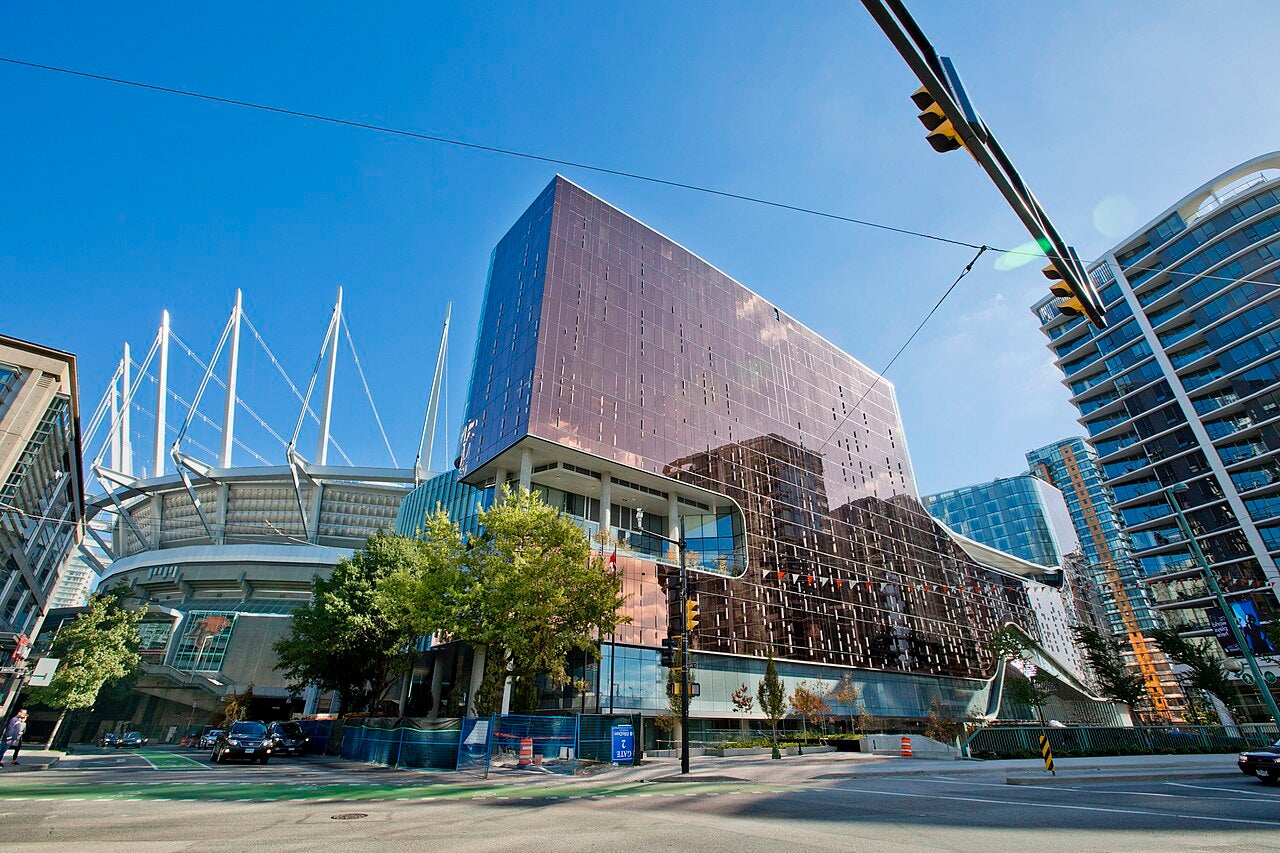
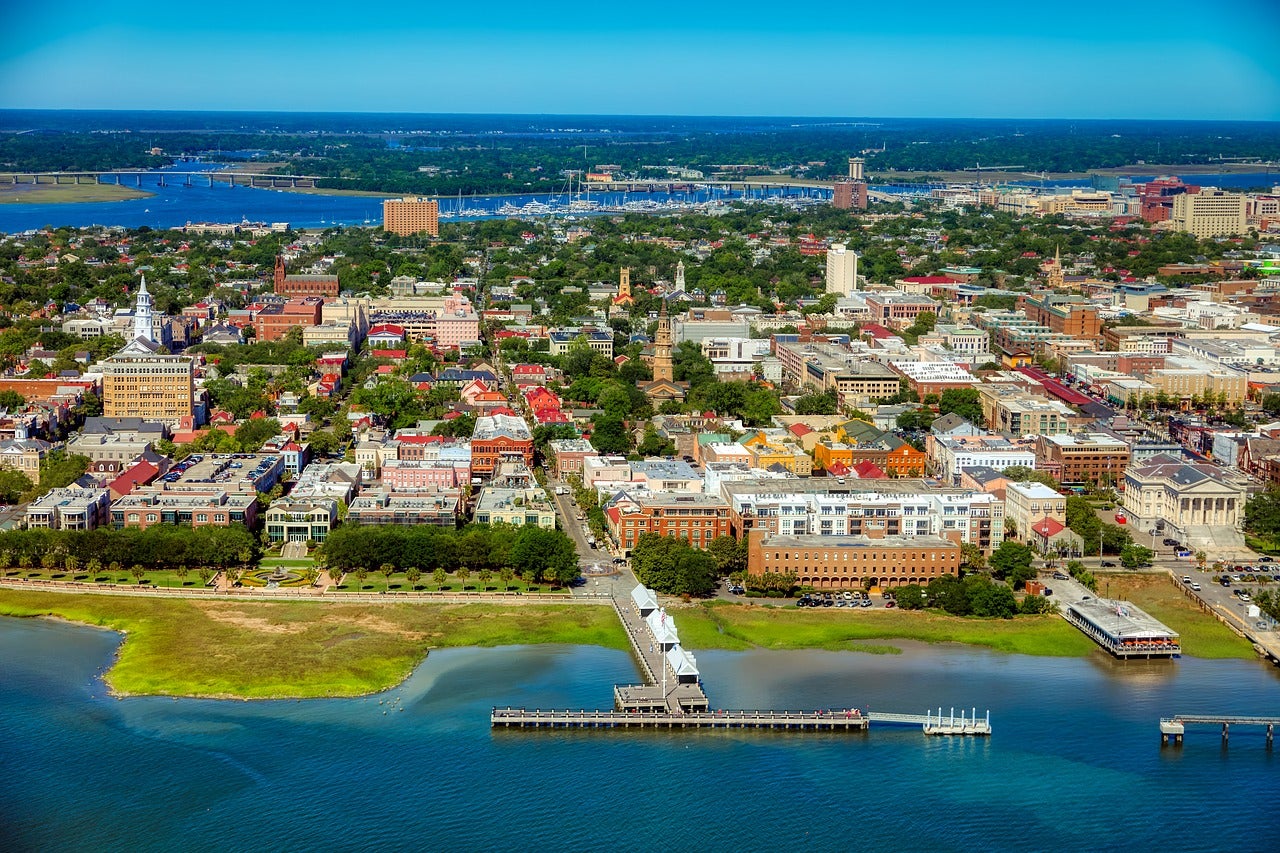

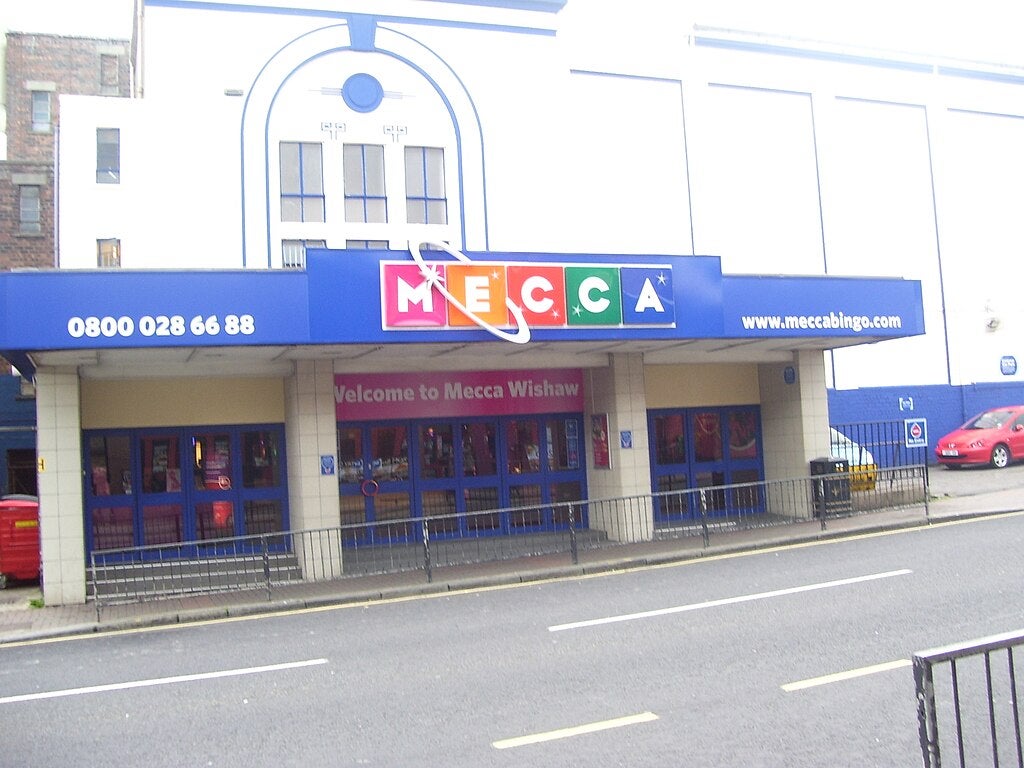
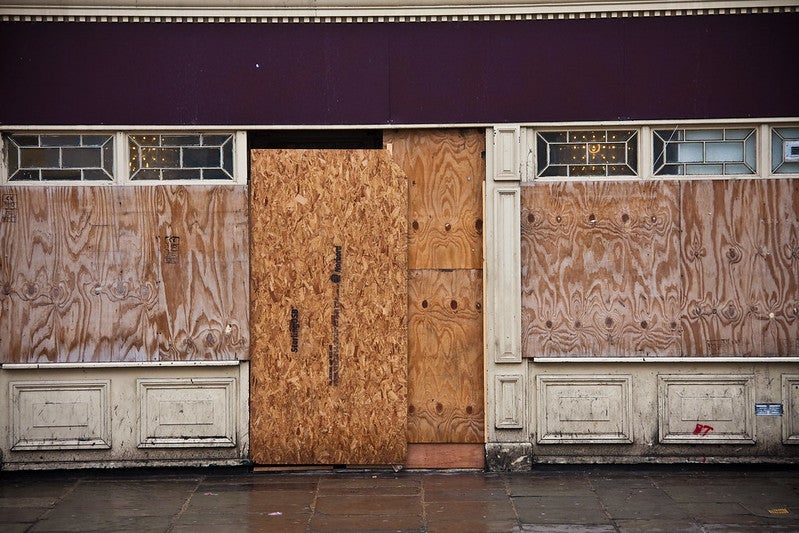
.jpg)
